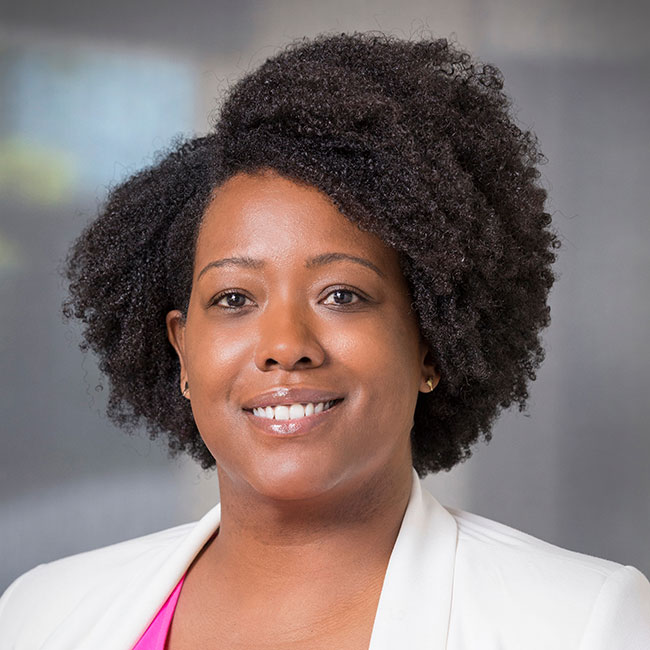An Open Letter from Ebony Tucker

Hello, readers – around the country, police brutality has led to nationwide calls to defund police departments and make significant, systemic changes in how we keep our communities safe and healthy, particularly for the Black community. RALIANCE stands behind these efforts, and I believe there are organizations better positioned than police departments to ensure the safety of sexual violence survivors.
First, I need to address the obvious: Reporting sexual violence is difficult under any circumstances, but our current criminal justice system makes it even harder for Black survivors.
The Black community already has many reasons to distrust the police, an issue that has been brought to national attention in the wake of the recent murders of George Floyd and Breonna Taylor. Fearful that involving the police could lead to danger for them or their families, Black survivors of sexual violence are often hesitant to report their cases to police. This is especially true for Black trans women who face disproportionally high rates of sexual assault and are also more likely to experience police violence.
Second, police forces are not designed to respond holistically to sexual assault or domestic violence survivors, and law enforcement training programs cannot correct this. For far too long, the myth has been perpetuated that criminal prosecution is the only path to justice and healing for survivors. But some police forces fail to treat survivors with respect or decency, and in some cases have furthered the abuse. For example, research from Bowling Green State University found that police officers in the U.S. were charged with forcible rape 405 times between 2005 and 2013 – about 45 a year.
It’s important to note that defunding police departments does not mean abolishing them entirely. Instead, this is about reallocating some of their funding to social programs that provide much needed and more specialized help to communities. Rape crisis centers and other community organizations working with LGBT, disability, and immigrant communities are in the best position to meet survivors’ needs, but often have waitlists and lack the resources to fully serve their communities. With appropriate funding, these critical organizations can provide guidance on how to access legal services, mental health and medical services, and income assistance and housing programs.
Rape crisis centers and other community organizations working with LGBT, disability, and immigrant communities are in the best position to meet survivors’ needs.
Shifting funding from police departments to community advocates would make a real difference when it comes to survivors’ safety, paths to justice, and healing.
Here’s what you can do right now to support change:
– Educate yourself on local policies and institutions. Many decisions about police reform and funding are handled at the local level. Definitions of sexual assaults and legal statutes vary across the U.S. Follow the anti-sexual violence coalition in your state or territory to learn about the policy priorities and campaigns in your area. You can also check out this story in ProPublica that demonstrates how to hold local police departments accountable.
– Support community-based alternatives to the criminal justice system. Ensure funding is going to the right programs and institutions that make a real difference in how survivors tell their stories and recover from abuse. Join local petitions or community efforts to advance change in the right direction.
We are living in an unprecedented moment – one that makes it possible for real transformation in how we make our communities safe for sexual violence survivors, especially Black survivors who have been historically oppressed. It’s important that we work together and not miss this opportunity for long-term change.
Thanks for reading! Check back in July for my next open letter.

